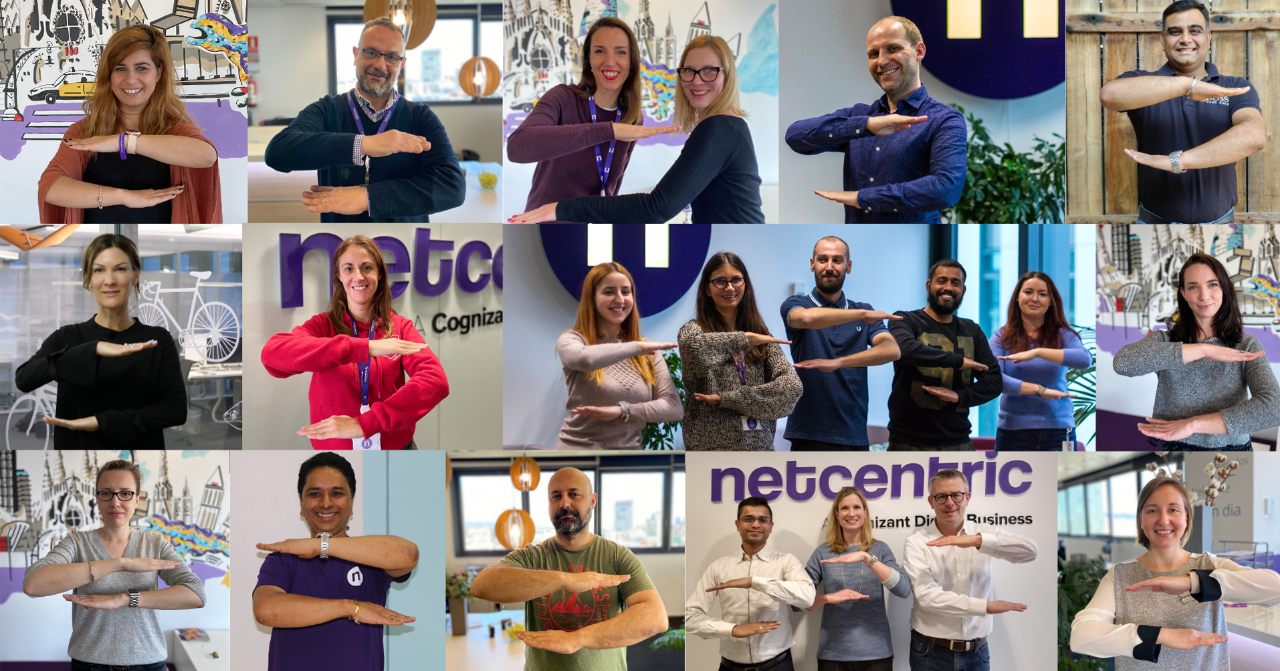Equality, diversity and inclusivity are vital for society and are driving digital market success

Around the world, groups persist in striving to address a lack of gender equality. Gender parity is an essential element of equality and has a fundamental impact on whether or not economies and societies thrive. It’s a given, therefore, that organizations who cultivate a diverse workforce and an inclusive work environment are better prepared to meet the complex demands of today's dynamically changing digital business.
The World Economic Forum’s Global Gender Gap Report 2020 indicates that it will still take more than a lifetime to make equality a reality and highlights the growing urgency for action.
We are #EachForEqual
We are a value-driven company, which means our personal values drive Netcentric forward. Inclusiveness and diversity are required for this to work as we are all contributing to our living culture. Equality is as vital to our success, as it is to us.
At Netcentric, we believe emerging market opportunities and evolving consumer trends are better understood by professionals from a range of backgrounds. We think better solutions are built by project teams that include diverse voices, and revenue opportunities can be better captured by diverse business minds.
We are all equal. To us, living in an inclusive and diverse environment is natural. But we also know that not everyone is treated equally in today's societies. That’s why we are supporting #IWD and making our contribution towards building an equal world.
Diversity and inclusion for digital success
In technology and customer experience especially, diversity and inclusion are already a cornerstone of business success. Diversity is essential for brands that want to fully understand and develop their digital experiences.
One of the many critical points is to reduce bias. For instance, in the context of machine learning, bias may mean that there is a higher error rate for certain demographic categories. Some natural language processing (NLP), a critical ingredient of common AI systems like Amazon’s Alexa and Apple’s Siri, among others, have been found to show gender biases. Ensuring diverse teams, shaping minds, providing training samples, researching and ensuring a common understanding, is just the start.
Beyond machine learning, the industry needs to develop more holistic approaches that address the causes of bias. Although the challenges are known, there are still many open questions that need to be answered. Start by forging an inclusive workplace today creating an equal world for all.